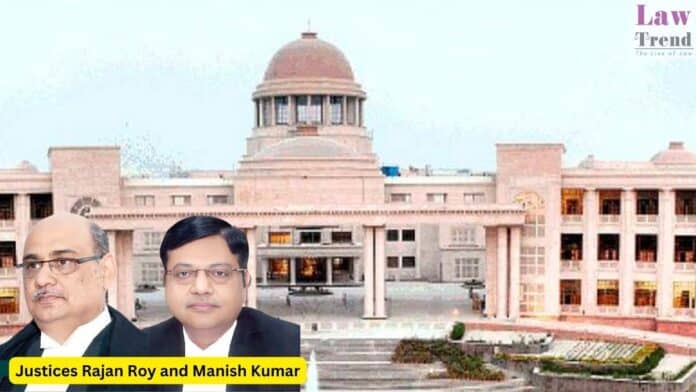In a significant judgment emphasizing adherence to statutory limitations, the Allahabad High Court, Lucknow Bench, quashed recovery orders issued by the Uttar Pradesh State Tax Department against M/s A.V. Pharma. The court held that the orders, being issued beyond the time limit prescribed under the Uttar Pradesh Goods and Services Tax (U.P.G.S.T.) Act, 2017, were
To Read More Please Subscribe to VIP Membership for Unlimited Access to All the Articles, Download Available Copies of Judgments/Order, Acess to Central/State Bare Acts, Advertisement Free Content, Access to More than 4000 Legal Drafts( Readymade Editable Formats of Suits, Petitions, Writs, Legal Notices, Divorce Petitions, 138 Notices, Bail Applications etc.) in Hindi and English.




